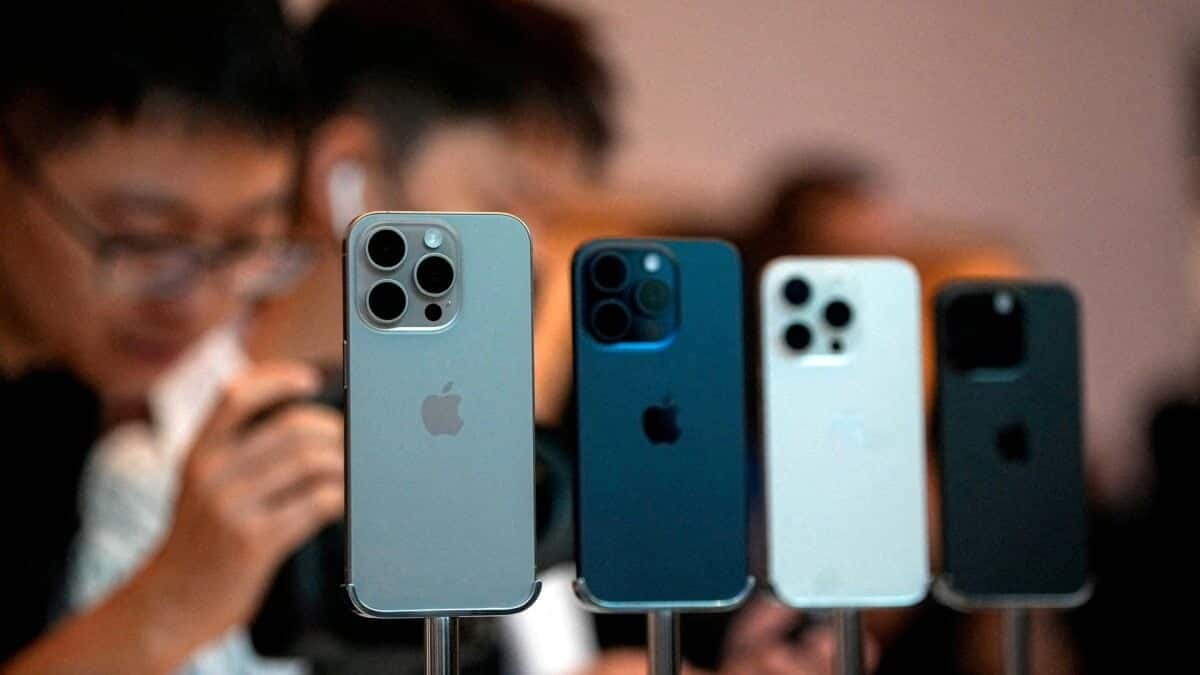
Apple proposes $100M investment in Indonesia to reverse iPhone ban
What's the story
Apple is making a significant effort to mend fences with Indonesia after the government recently banned sales of the latest iPhone 16. The tech giant has proposed a hefty investment of around $100 million spread over two years, aiming to regain access to the lucrative Southeast Asian market. The proposed investment is a tenfold increase from the initial $10 million offer made by the tech giant.
Strategy
Apple's investment strategy in Indonesia
The iPhone sales ban stems from Apple's failure to comply with Indonesia's Domestic Content Level requirement, which requires significant investments for certifying imported products. The tech giant's initial investment was below the $109.6 million threshold. Even with an additional $10 million offer on November 5, Indonesian authorities weren't convinced and upheld the ban on the iPhone 16 model.
Government response
Indonesian government's stance on Apple's investment
The Indonesian Ministry of Industry is yet to decide on Apple's proposed $100 million investment. The ministry is pushing the tech giant to use the funds for research and development (R&D) instead of ongoing manufacturing. This is part of a wider policy agenda under President Prabowo Subianto, who continues his predecessor Joko Widodo's push for international firms to ramp up local investments and support domestic industry.
Measures impact
Indonesia's strict measures and their impact
Indonesia's strict domestic content rules have also impacted other tech giants. Google's Pixel smartphones were banned from sale for lack of local investment, while TikTok's parent ByteDance was forced into a $1.5 billion joint venture with Tokopedia. These steps highlight Indonesia's emphasis on strengthening local production and safeguarding economic interests, but also question its attractiveness as a destination for foreign companies looking to shift their manufacturing base from China.